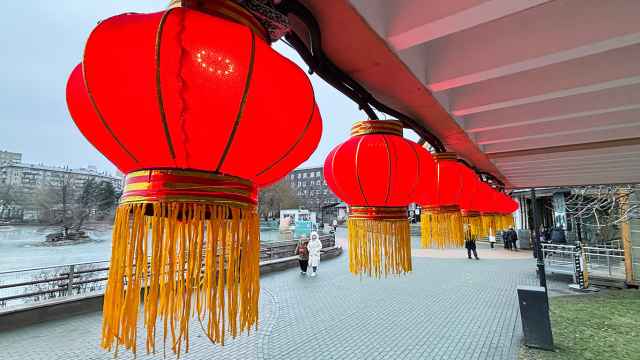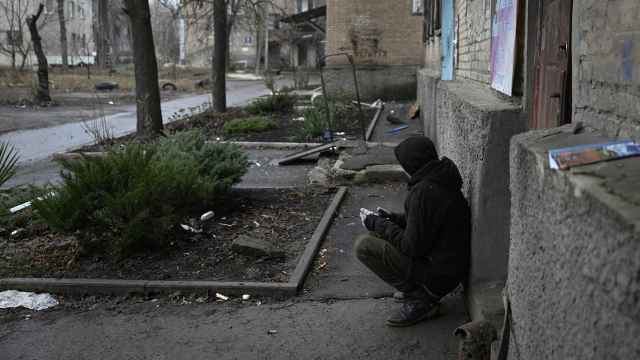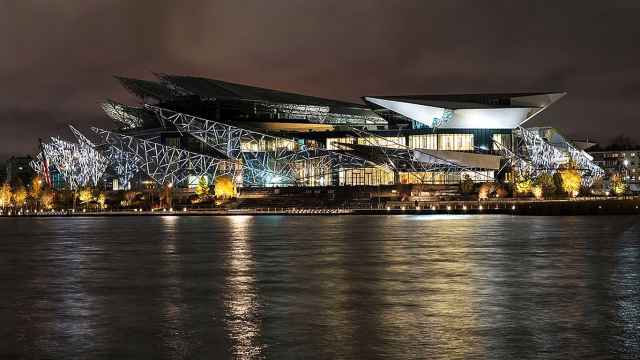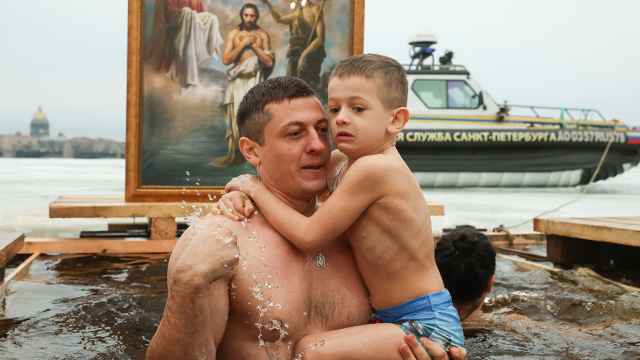A Glimpse at 'Putin's Palace,' 10 Years Ago
An extravagant Black Sea mansion alleged to belong to President Vladimir Putin got renewed attention this week after a viral investigation by opposition leader Alexei Navalny.
The Praskoveyevka estate in southern Russia cost 100 billion rubles ($1.35 billion) to construct and is 39 times the size of Monaco, Navalny said in the video released after his arrest this week.
Yet while the property is going viral now, it has been known to journalists and environmental activists for years.
These photos by environmentalist Dmitry Shevchenko were taken in 2011 after he and other activists found a way past the fences surrounding the grounds. They were published in VTimes, The Moscow Times' partner newsroom, this week.
Here's an inside look at the property nicknamed "Putin's Palace":
The Praskoveyevka estate in southern Russia cost 100 billion rubles ($1.35 billion) to construct and is 39 times the size of Monaco, Navalny said in the video released after his arrest this week.
Yet while the property is going viral now, it has been known to journalists and environmental activists for years.
These photos by environmentalist Dmitry Shevchenko were taken in 2011 after he and other activists found a way past the fences surrounding the grounds. They were published in VTimes, The Moscow Times' partner newsroom, this week.
Here's an inside look at the property nicknamed "Putin's Palace":
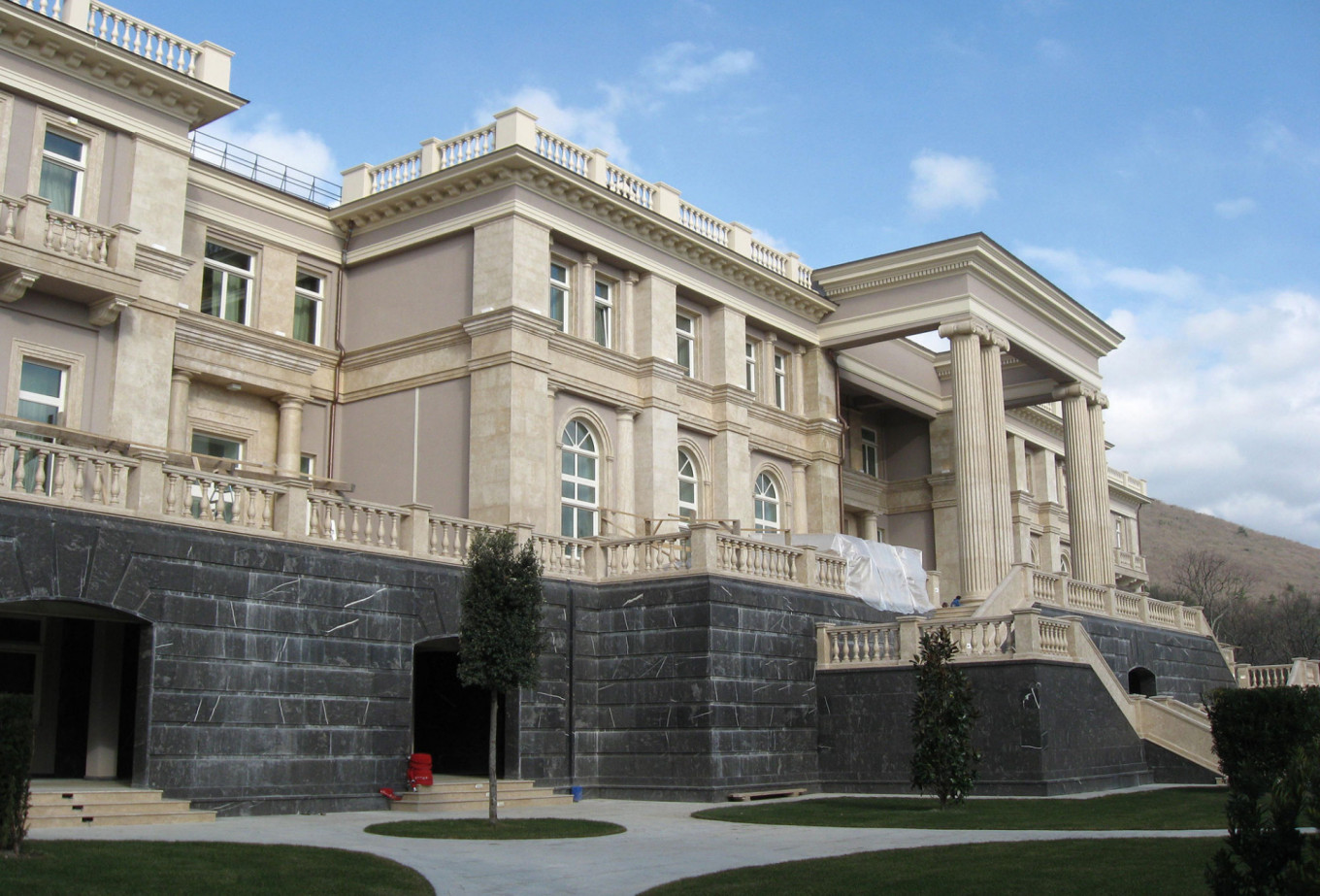
Until 2005, the site where "Putin's palace" was built was an untouched natural area, said Dmitry Shevchenko, the executive director of the ANO Civil Initiative Against Environmental Crime.
Dmitry Shevchenko
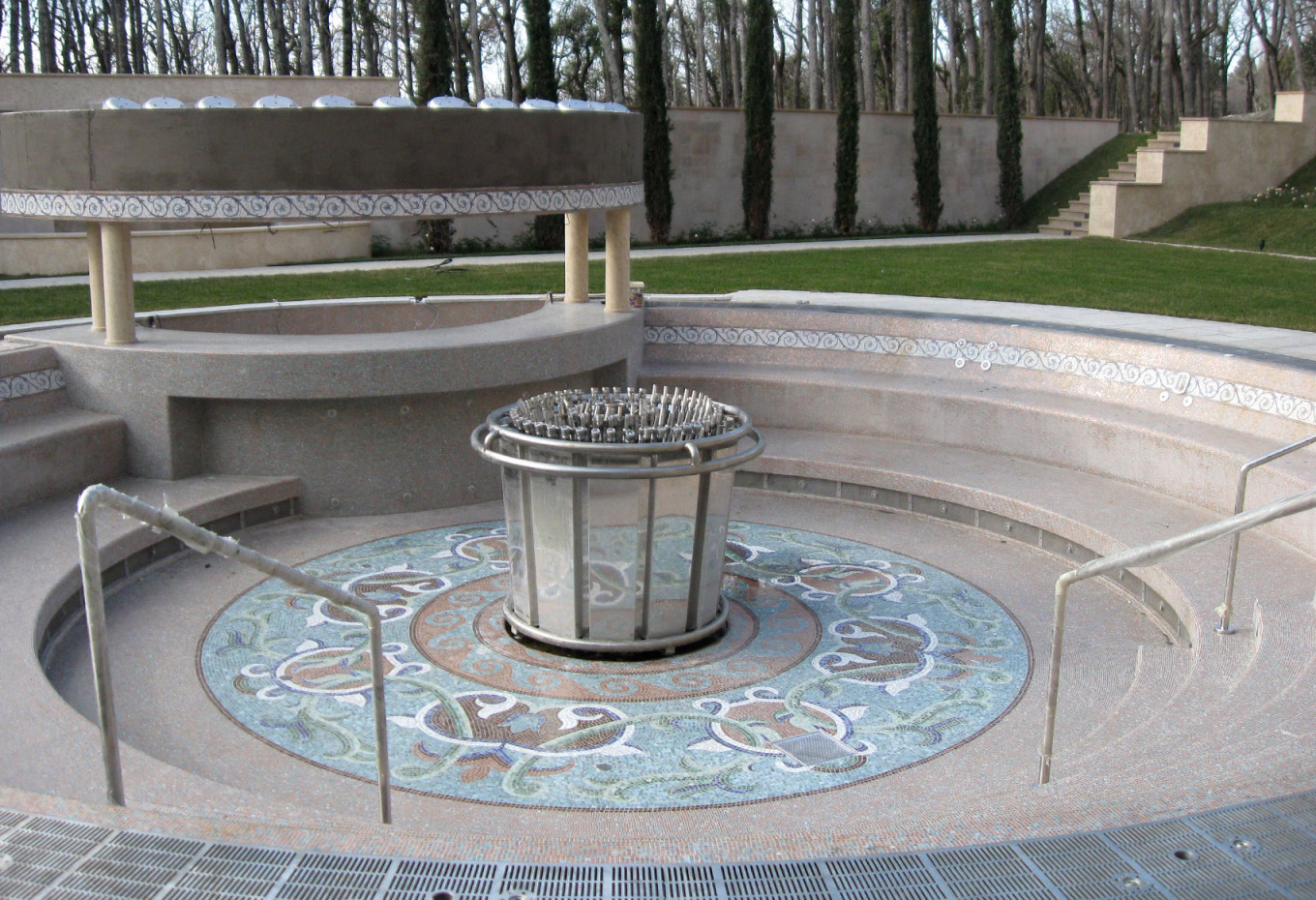
In 2005, a fence appeared on the site with signs saying a children’s camp was being constructed. It immediately became clear that there would be no camp, Shevchenko said. The high sea bank is not the most convenient location for a camp — and besides, there was no fresh water.
Dmitry Shevchenko
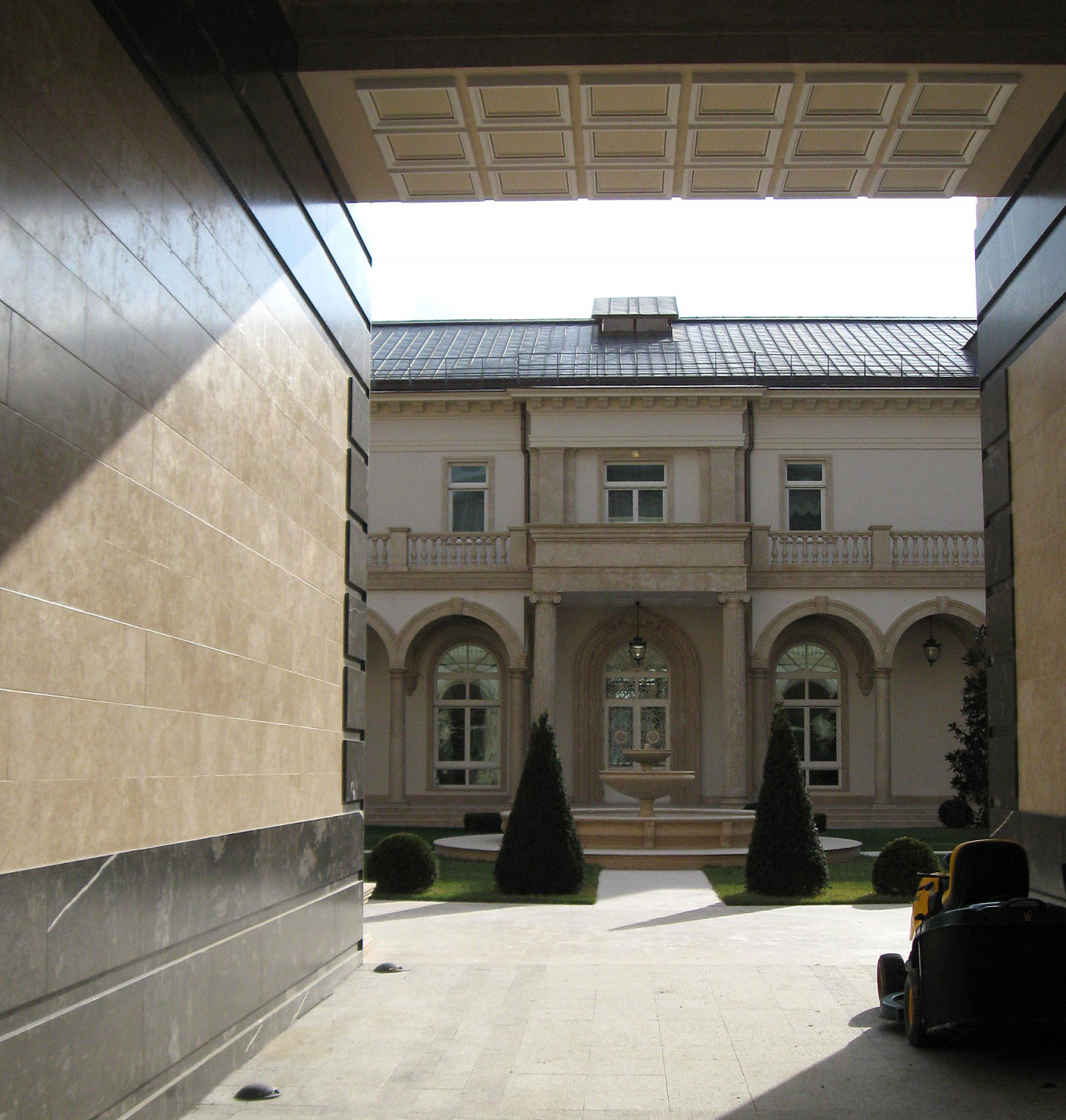
In 2011, activists entered the fenced-in area to take photographs. “We were detained by the Federal Security Service (FSB) in literally 20 minutes,” Shevchenko said. “No one answered our questions as to why the FSB was guarding an allegedly private territory.”
Dmitry Shevchenko
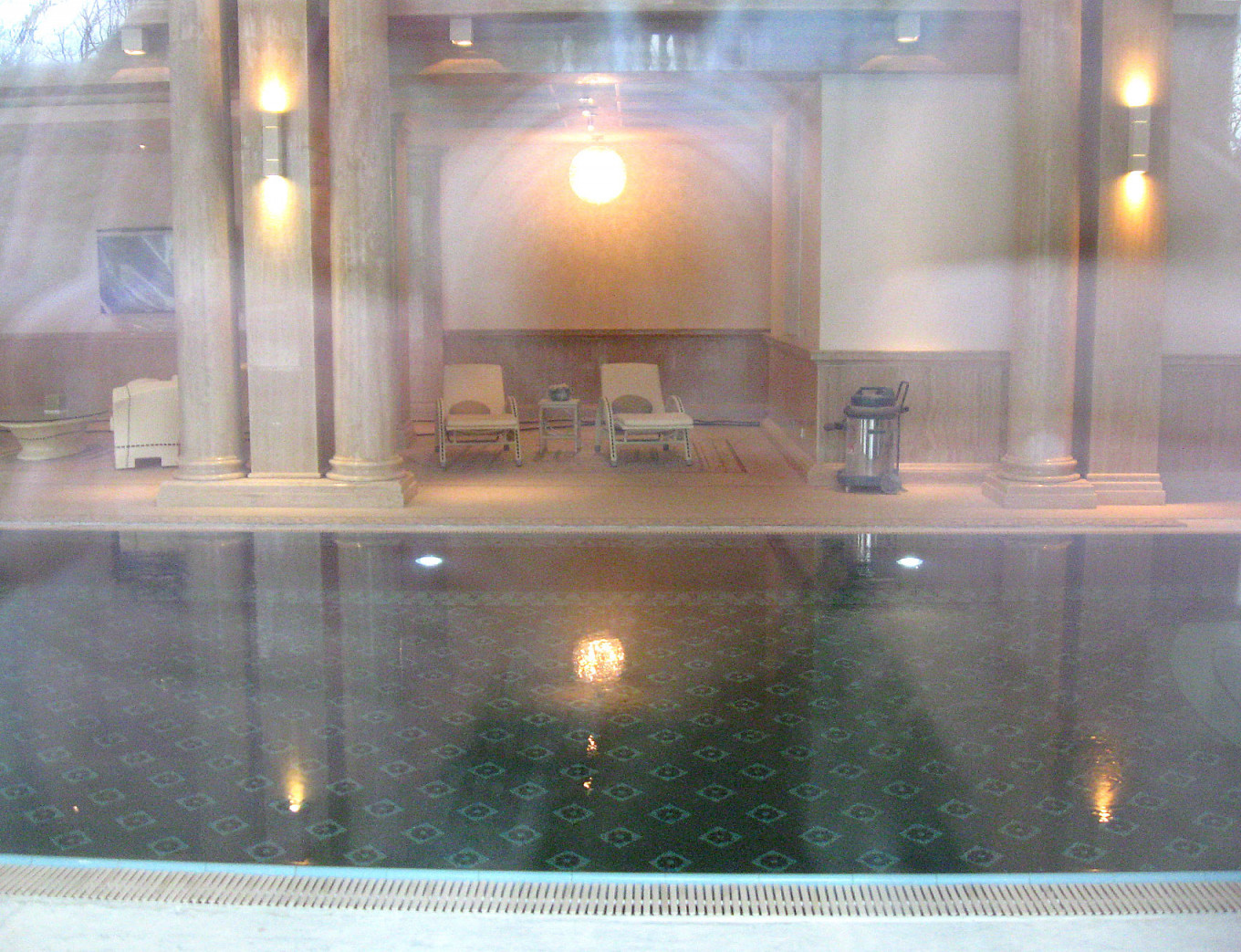
“There was a commotion: The police, border guards and employees of a private security company who were guarding the palace arrived. It was the latter who were instructed to confiscate equipment and documents,” Shevchenko said.
Dmitry Shevchenko
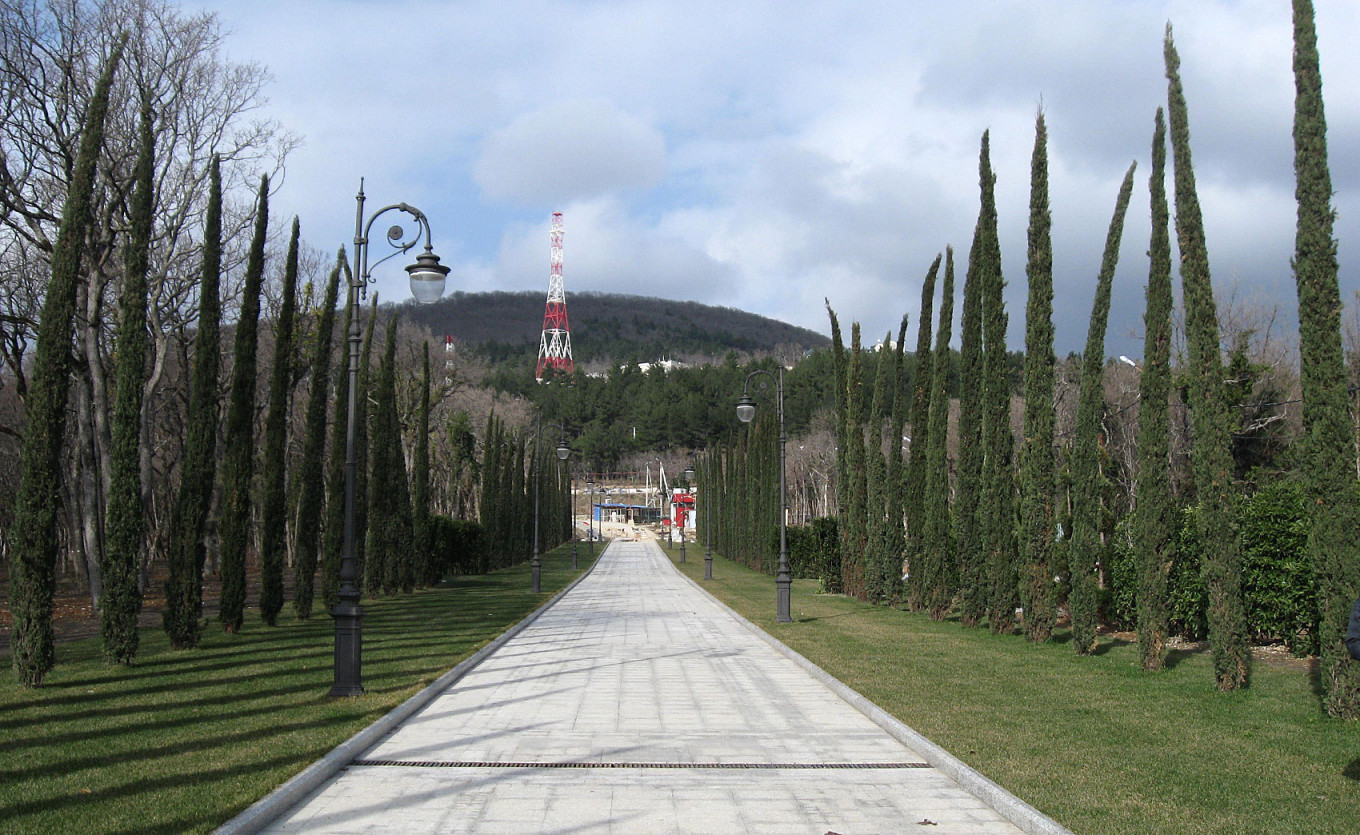
"They opened our car, confiscated everything that was in there, and took it to the main building of the palace," the activist said.
Dmitry Shevchenko
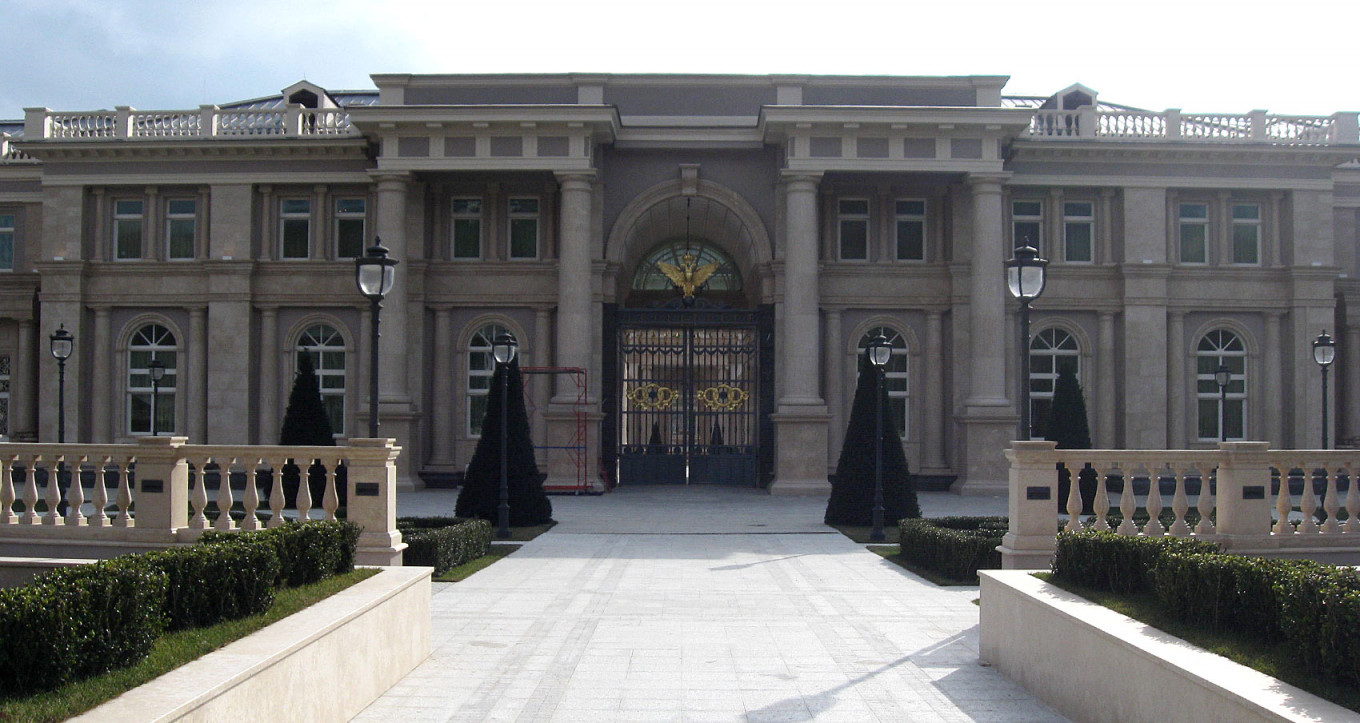
“Fortunately, I was able to save the flash drive from the camera,” Shevchenko said. "I managed to take it out and hide it in my boot. The police took the environmentalists themselves to the police station, but released them."
Dmitry Shevchenko
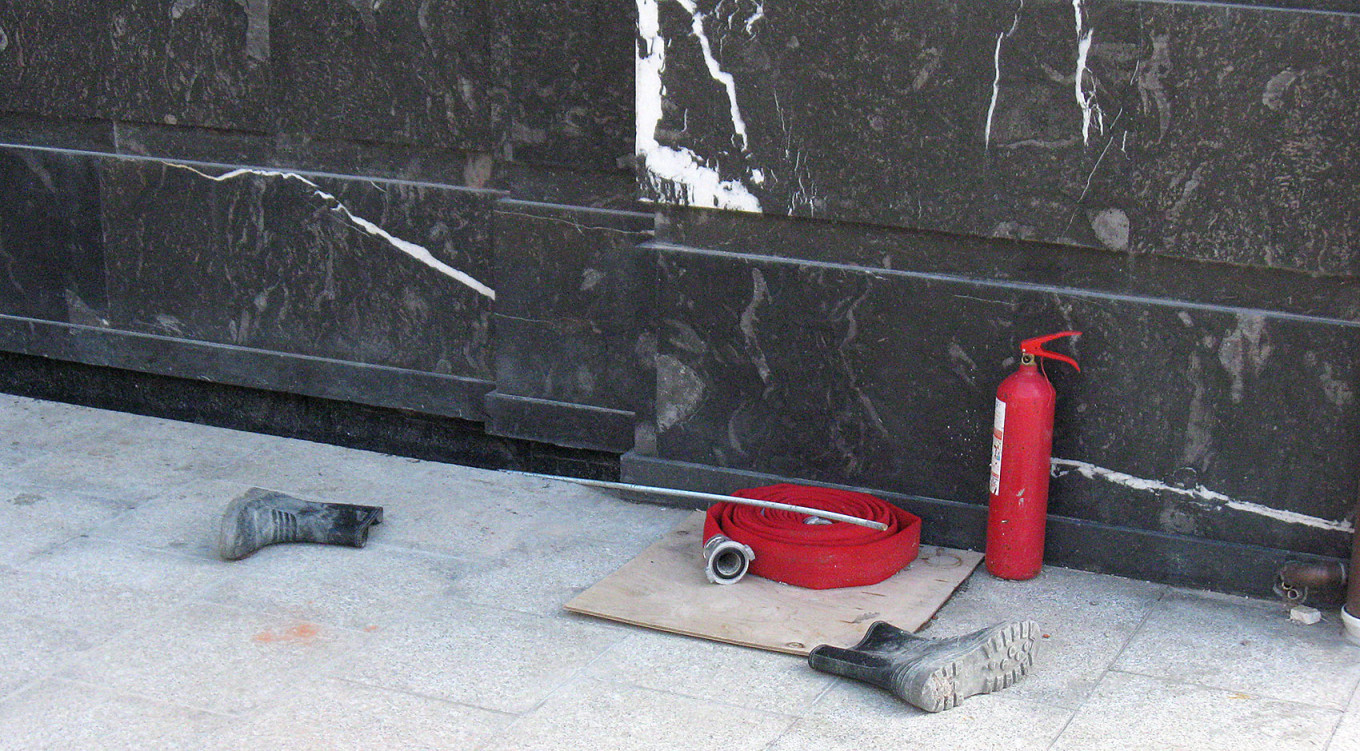
“Later we wrote a police complaint about the robbery, but the police said there was no robbery and that we ourselves lost our belongings, and they had already been found in the forest and could be claimed," he said. "The police returned our passports and other documents, but not the digital equipment."
Dmitry Shevchenko
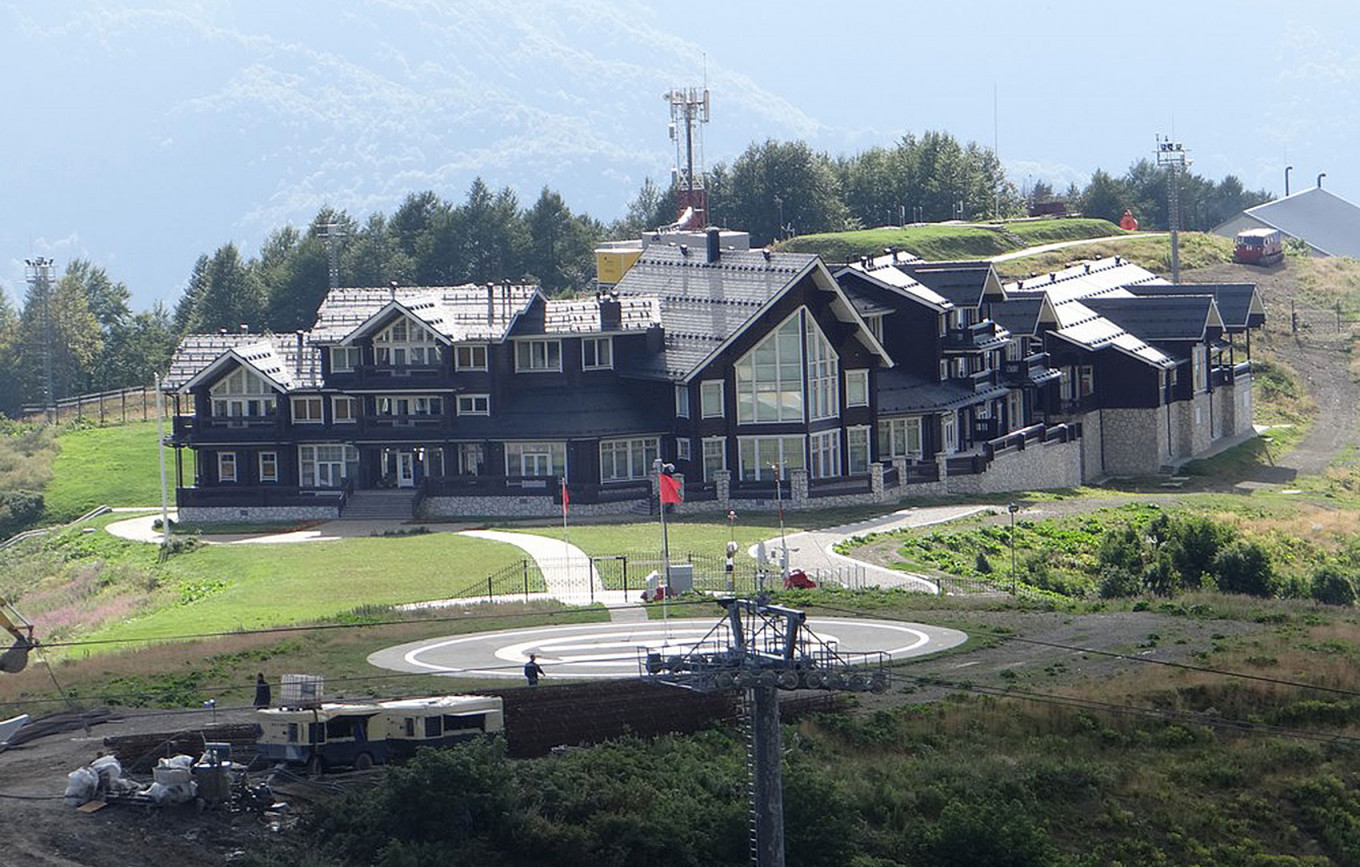
The construction of the palace, according to Shevchenko, damaged the forest and the coastal strip. “Just for the construction of the house there was a clear cut of about 45 hectares of forest on which rare Red Book Pitsunda pines grew. The forest suffered additional damage because of the vineyards. The coast was mutilated,” the environmentalist said. “The coastal strip has been changed and for some reason, a road has been paved right along the coast.”
Dmitry Shevchenko


